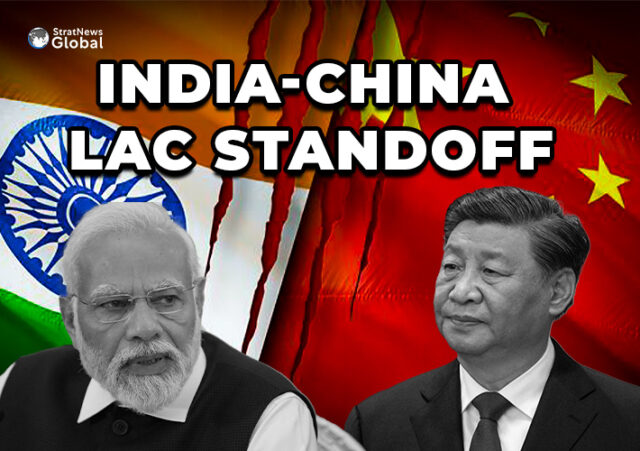Security of India’s borders is sacrosanct and there’s no way around it. That was the overarching message given out by S Jaishankar, India’s External Affairs Minister, during an interaction with the Indian community in Kuala Lumpur. “My first duty to Indians is to secure the border. I can never compromise on that. We are still negotiating with the Chinese. I talk to my counterpart, we meet from time to time, our military commanders negotiate with each other. But we are very clear: that we had an agreement, there is a line of actual control, there is a tradition of not bringing troops to that line. Both of us have bases some distance away which is our traditional deployment place and we want that normalcy. That return to where we are in terms of troop deployment will be the basis for the relationship going forward. And we have been very, very honest with the Chinese about it,” said Jaishankar.
The same day, diplomats from India and China met for talks on the standoff between the two countries along the Line of Actual Control in Eastern Ladakh.
The 29th meeting of the Working Mechanism for Consultation & Coordination on India-China Border Affairs or WMCC was held in Beijing.
The Ministry of External Affairs said, “The two sides had an in-depth exchange of views on how to achieve complete disengagement and resolve the remaining issues along the Line of Actual Control (LAC) in the Western Sector of India-China border areas.”
Although there has been disengagement of troops at Galwan, the north and south banks of the Pangong Lake, Gogra and Hot Springs, two friction points—Depsang and Demchok—still remain.
The statement put out by the Chinese foreign ministry after the latest round of talks was evasive about complete disengagement. It said, the two sides agreed to focus on the relevant issues on the ground along the border, reach a solution acceptable to both sides as soon as possible, and promote the transition of the border situation into a normalised phase of control and management.
Bilateral ties nosedived ever since Chinese troops adopted a violent and confrontationist posture in the Galwan valley in the summer of 2020.
20 Indian soldiers made the supreme sacrifice. There’s been no official acknowledgement by China on the number of soldiers it lost but media reports say the casualty could be around 40, even more.
Galwan shattered all border peace and tranquility agreements between India and China and saw bloodshed on the border for the first time in decades.
“Unfortunately for reasons which are still not clear to us, these agreements were broken in 2020 and we actually had violence and bloodshed on the border,” said S Jaishankar, External Affairs Minister.
Military commanders of both sides have held 21 rounds of talks, the last one was on the 19th of February.
While China has been keen on normalizing other aspects of the bilateral relationship, India has been firm on the way forward: Ties cannot be normal until the situation along the border is normal.
At six feet and over, cool, calm and always collected. Never a hair out of place. He is the high priest of editorial facts, grammar is his baby and headlines are meat on the bone. Loves samosas and cricket, tracks Twitter and when in his cups, nothing better than Jagjit Singh’s ghazals.





